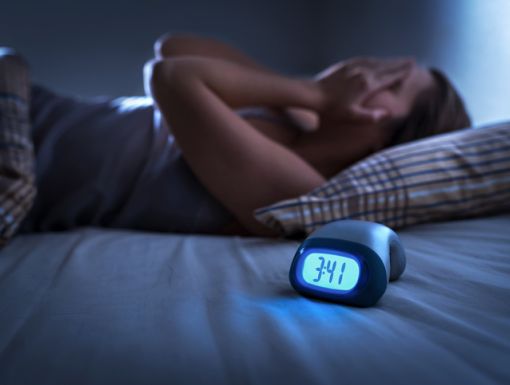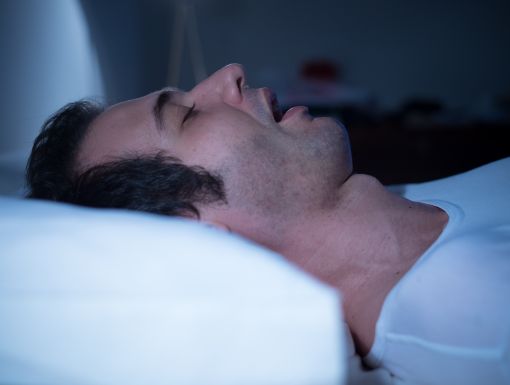
Sleep Hygiene Checklist: 7 Great Ways to Improve Your Nighttime Routine
Inflammation is our body’s response to a threat. Inflammation becomes problematic when our body is constantly in “fight or flight” mode when there is no actual threat present; this can lead to chronic inflammation. Some of the major things that lead to chronic inflammation are poor diet, environmental toxins/exposure and stress. Additionally, research shows that poor sleep, either too much or too little sleep, both also trigger inflammation. Poor sleep is also related to decreased immune function. So, when we don’t get good sleep, not only do we not feel great, we’re also more likely to get sick.
Getting good sleep, and not too much or too little of it, can be a lifestyle factor that can help control inflammation. While you may feel that you function best on 5 hours or 10 hours, research shows that most adults function best with between 7-9 hours of sleep per night. Tracking sleep can help you discover your sleep patterns, whether you do that with a fitness device like a FitBit of Garmin or if you do it with a pen and paper log. Sleep hygiene is the practice of good behaviors that help us get more consistent and restful sleep.
Some of the main ideas of sleep hygiene are:
- Don’t go to bed unless you’re actually tired. If you go to bed because it’s “time” and you’re not tired, you’re going to end up staring at the with your mind racing. Make a to-do list for the next day before bed so that you don’t have to worry about remembering those things. If you’re not tired at bed time, do a relaxing activity like reading or listening to music outside of your bedroom until you get sleepy, then go to bed.
- If you’re not asleep after 20 minutes, get out of bed! Get up and leave your bedroom and go do a relaxing activity until you get sleepy.
- Have a nighttime routine before bed. Doing this will start to signal to your brain that once your routine begins, it’s time for it to start pumping out , a natural hormone that we create that makes us sleepy.
- Get up at the same time every morning. It’s really hard to resist sleeping in on the weekends! But, our bodies need to be up and active for about 16-18 hours before we get tired enough to fall asleep again. So, if you’re sleeping late on the weekends, you won’t be tired enough to go to sleep until later the next night which will push your sleep cycle later and later. Challenge yourself to get out of bed at an early hour, even if you didn’t get a lot of good sleep the night before. Doing so will ensure that you’re good and tired the next night and will fall asleep early, keeping your sleep cycle on track.
- Avoid taking naps if you can. If you have to take one during the day (due to poor sleep the night before), keep it to fewer than 30 minutes. Set an alarm so that you wake up after 30 minutes, and get moving to wake yourself up and avoid falling back to sleep. This will help keep your sleep cycle on track.
- Your bed is for sleep and sex. That’s it. If you’re not doing either of those 2 things, you shouldn’t be in bed. So, don’t watch movies, make your grocery list, read for an hour or anything like that. Reading for a few minutes in order to fall asleep is ok, but if you’re reading for longer than that, get out of bed and do it elsewhere.
- Avoid screens for 30-60 minutes before bed. Most screens (TV, computer, phone, etc.) emit a type of blue light which research shows continues to stimulate our optic nerve for up to an hour after the light is turned off. So, what that means is if you watch TV for an hour before bed and you fall asleep at 11pm, really your brain is not resting until 12am, so you “lose” that hour of sleep. If you need the TV for light or noise during the night, invest in a night light or a fan or sound machine to have some white noise. That can be a really tough habit to break, but you will get much better sleep quality if you can get rid of screens before bed.
Sleep habits are developed over time, so they will need both time and consistent practice to change. By practicing these habits on a regular basis, you can see an improvement in your sleep which can result in less inflammation.
Learn more about Kate Lufkin, LCSW



